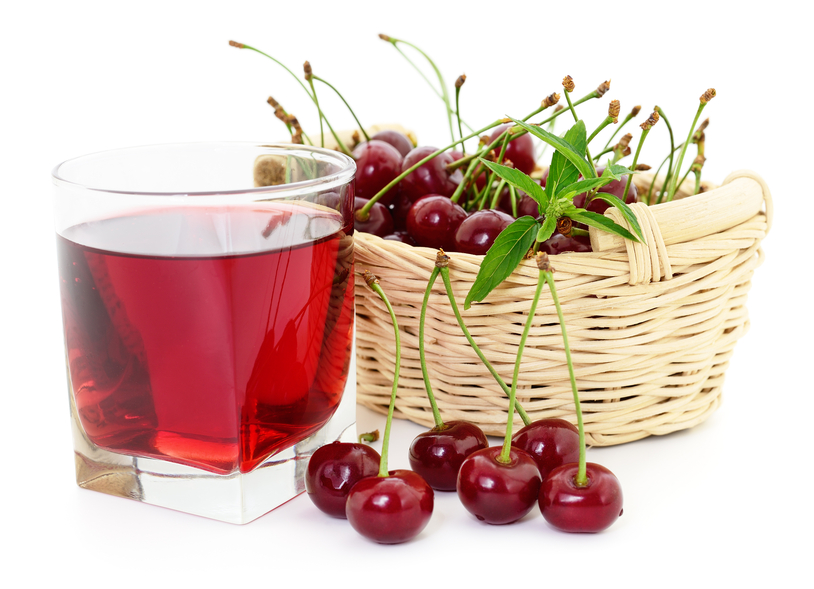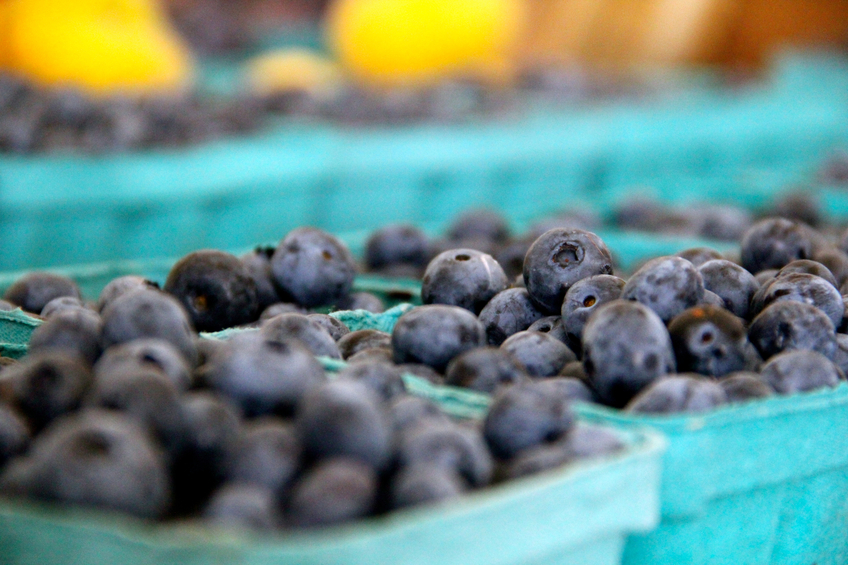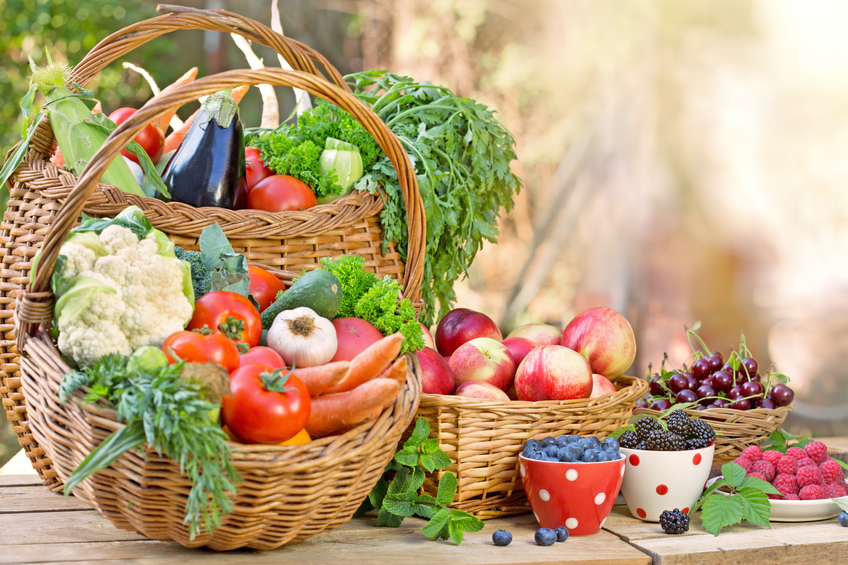When it comes to eating in season, summer is the perfect time to do it. Farmer’s markets fill their stands with plenty of freshly-picked fruits and vegetables, and even many grocery stores pack their produce section with fresh local options.
For many nutritionists, it’s an ideal time for encouraging clients to add fresh berries, leafy greens, and other healthy and nutritious choices to their diets. But while the many fruits and vegetables for sale offer plenty of benefits, there are a few choice ‘superfoods’ that stand out from the pack. These superfoods are filled with everything from vitamins and minerals to cancer-preventing antioxidants, and are an especially good recommendation for clients looking to give their diet a healthy boost.
So what are these summer superfoods? If you’re passionate about nutrition, read on to find out!
1. Sour Cherries: A Tart Treat that Pros With a Diploma in Nutrition Recommend
Cherries have long been recommended as a tasty and healthy treat by graduates of nutrition and health programs. These bite-sized fruits come filled with the antioxidant anthocyanin, which studies suggest might reduce the risk of developing cancer and cardiovascular disease. Other studies have also pointed to anthocyanin’s anti-inflammatory properties, which is another reason you might want to recommend this summer superfood to clients once you begin your career in nutrition.
In fact, one recent study demonstrated that sour varieties of cherries—which contain even more anthocyanin than their sweeter counterparts—can be beneficial to endurance athletes. For example, in 2010 the Scandinavian Journal of Medicine and Science in Sports tested the effects of sour cherry juice on marathon runners, and found that runners who drank the juice before, during, and after a run exhibited quicker muscle recovery thanks to the anti-inflammatory properties of sour cherries.

Studies have linked sour cherry juice with quicker muscle recovery
If you decide to work with endurance athletes once you complete your studies, you might want to recommend that they try drinking sour cherry juice—if they don’t mind the tart taste, that is!
2. Blueberries: A Nutritionist’s Favourite Superstar Superfood
Whether baked into fresh muffins, sprinkled onto frozen yogurt, or eaten fresh, blueberries are often a favourite summer treat. In addition, they’re also a top superfood often recommended by professionals with nutrition and health training. That’s because blueberries come filled with potassium, vitamin C, and fibre, as well as beneficial anti-oxidants.

Nutritionists often recommend anti-oxidant packed blueberries
If you decide to study nutrition and health, you might soon learn just how beneficial anti-oxidants are. As their name suggests, anti-oxidants help to reduce the negative effects that oxygen can have over time. That’s because while oxygen is vital for cells to function, it can also slowly damage cells over time, which can lead to everything from cancer to a decrease in mental function. It’s why many nutritionists recommend clients include foods rich in anti-oxidants, like blueberries, into their diets.
3. Cauliflower: A Versatile Superfood Recommended by Grads of Nutrition and Health Programs
Over the last few years, cauliflower has seen a bit of a revival, as new recipes have started to bring to light just how versatile with vegetable can be. Whether roasted, cooked into curries, or eaten fresh as a tasty snack, cauliflower can be an easy food for clients to incorporate into their diets. And as nutritionists know, there are plenty of reasons why their clients might want to do that.
Cauliflower is rich in vitamins B and C, as well as antioxidants and chemicals known as glucosinolates. The beneficial effects of glucosinolates have recently been investigated in numerous studies, which so far have linked them to decreasing rates of stomach, liver, lung, and bladder cancer in animals.
Are you ready to jump into a rewarding career in nutrition?
Find out how a diploma in nutrition from AAPS can help you get there!




